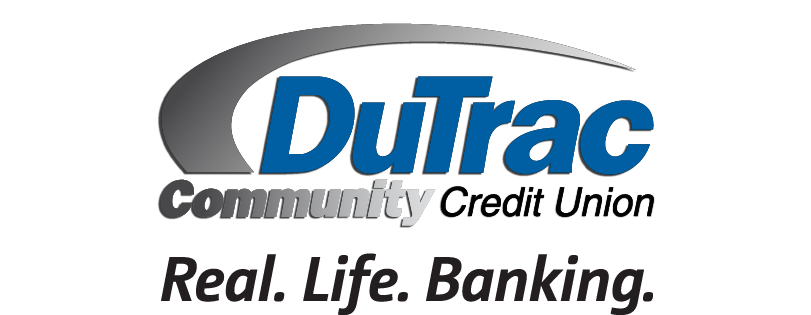- Pay your bills on time
All of them, every time, period.
- Keep your credit utilization rate low
“Weigh account balances relative to credit limit to ensure usage is at or below @ 10%,” stated John Ulzheimer, credit expert, formerly of FICO and Equifax. If higher than 10%, it is an indication of possible added risk. Those consumers having the highest average FICO scores have a utilization of 7%.FICO’s scoring systems don’t differentiate between those who pay revolving credit sources, e.g. credit cards, in full each month and those who carry a balance. A utilization rate at the time a lender issues its reports is what is used for the score. VantageScore, though, does consider whether a lender’s payment due is paid in full or if the consumer is carrying a balance month to month.
When struggling with high balances and mounting interest payments on cards, consider consolidating with a 0% introductory rate balance transfer credit card, however confirm what the rate will increase by and how that will impact future payments.
- Leave old accounts open
Having accounts with a long history and a solid record of paying bills on time, every time, are the types of responsible habits lenders and creditors want.Closing a credit card account, even without a balance, can lower a credit score, as closing a line or credit, used or unused, will cause a lower maximum credit limit. The best plan is to keep the card, but with a $0 balance. Bad debts affecting credit scores negatively are automatically removed over time. Bankruptcies can stay on a credit report for no longer than 10 years, while late payments and delinquencies such as collections, repossessions, foreclosures and settlements stay a report for seven years.
- Only apply for credit you need
Every time a new line of credit is applied – a new credit card, a new vehicle loan, or a new mortgage, etc., a hard inquiry is pulled on your report. This type of inquiry lowers a credit score temporarilyRefrain from applying for several credit cards within a short time frame, or before taking out a large loan like a mortgage. Multiple inquiries, especially during a short time period, signals to lenders a taking on of too much debt. If possible, seek or obtain pre-approvals when considering a purchase or do comparisons in advance of the purchase.
- Be patient
The best way to achieve an excellent score is to develop good long-term credit habits. It takes a long time to improve a bad score and it takes a really short amount of time to trash a good score. Two influential factors used to calculate a score are 1) the average age the reported credit information and 2) the oldest account on your report. When it comes to credit, older is better.
- Monitor your credit regularly
Monitoring credit, every few months and review causes in score, fluctuations will help manage personal credit and determine if and what changes should be made to make improvements, if any. However, consumers should not base a financial decision solely on their credit score or its impact on score.Jeff Richardson, spokesperson for VantageScore. “Focusing on your financial health and your family’s health is priority number one.”
Article from Money Magazine + DuTrac.

